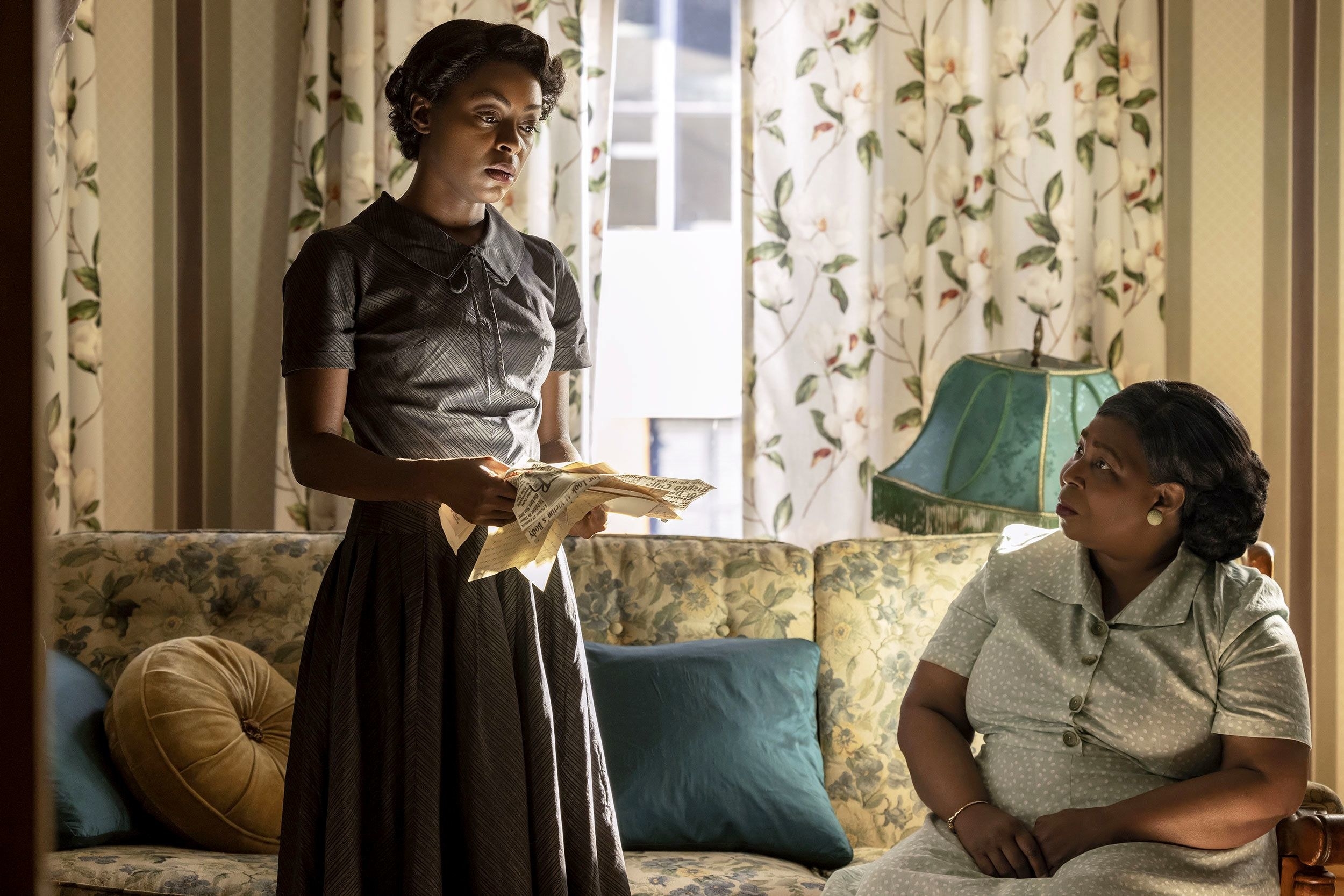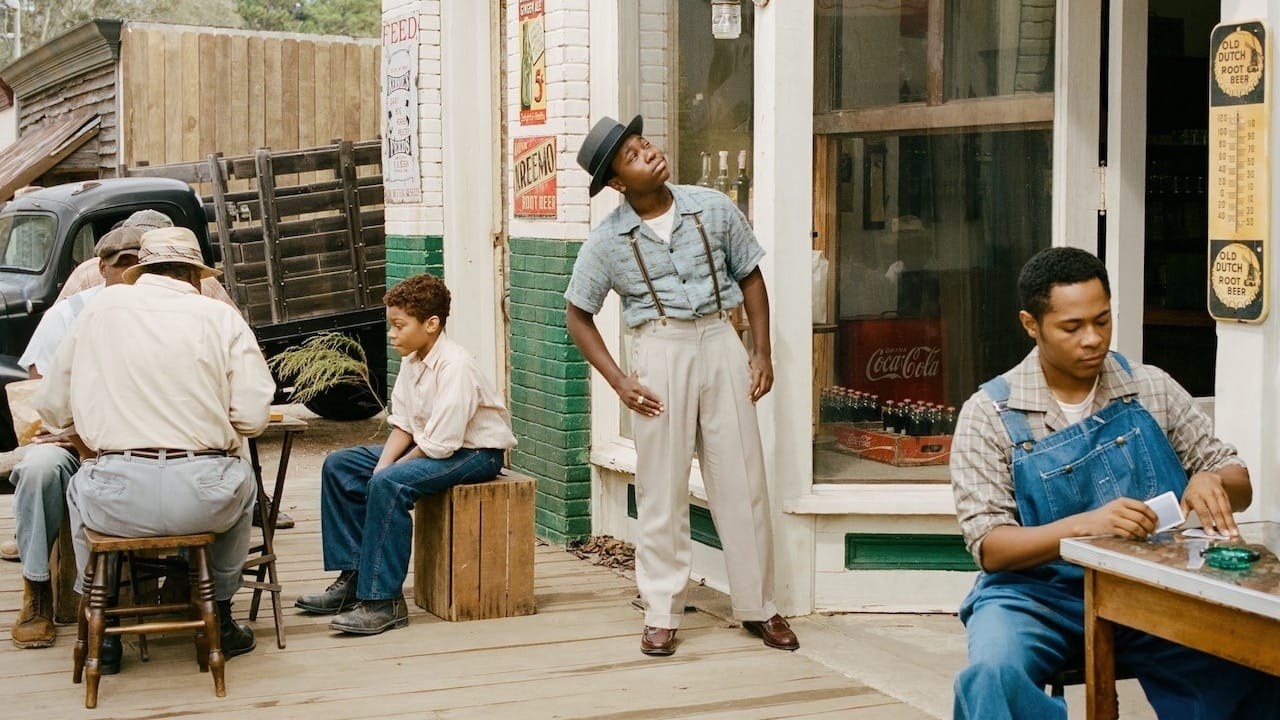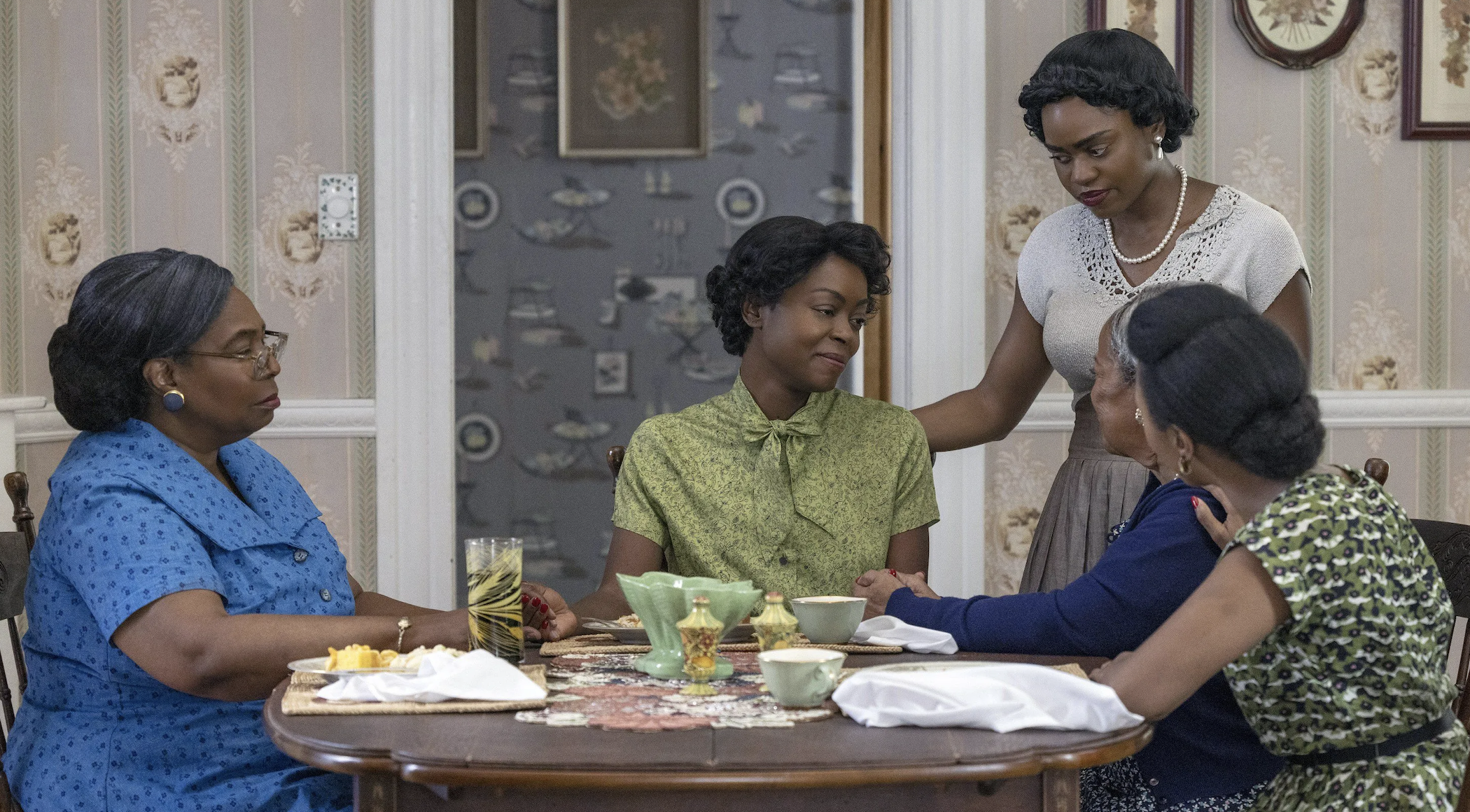
Before August 1955, Mamie Till-Mobley was a dedicated single mom, working as a secretary, and raising her teenage son Emmett Til in Chicago – she’d moved there as a child during the Great Migration. A week after sending her 14-year-old son to visit family back in Mississippi, Emmet was kidnapped and tortured, before his body was found in the Tallahatchie River, beaten so brutally he was barely recognisable.
After the horrific events, Mamie Till made some very brave decisions that ultimately played a vital role in The Civil Rights Movement. Mamie insisted on giving Emmett an open-casket funeral, intent on showing the world the inhumanity of the attack. Tens of thousands attended the funeral, and his photo was distributed in magazines and newspapers across the world. The image provoked reactions too visceral to ignore, galvanising thousands across the country to join the fight against racial discrimination and segregation. Just 100 days after Emmett Till’s murder, Rosa Parks was arrested for refusing to give up her seat to a white man on a bus in Mississippi’s neighbouring state, Alabama, and the momentum never slowed.
Emmett Till’s killers were acquitted of both kidnap and murder, but Mamie Till-Mobley continued her activism for the rest of her life, advocating for children in poor neighbourhoods and fighting for her son’s justice. In the ‘90s, she met Keith Beauchamp, a filmmaker researching Emmett’s case, and the two worked closely to uncover new information and witnesses up until her death in 2003.

Directed by Chinonye Chukwu, Till follows Mamie’s tireless fight for justice, using 27 years’ worth of Keith Beauchamp’s research. Whoopi Goldberg has been attached to Till for nearly as many years – she initially joined as a producer, and also plays Emmett’s grandmother, Alma. I caught up with Whoopi to find out more about Till, her involvement in the film, and why everyone should know the impact Mamie’s work has had.

With over two decades in production, I first wanted to know what it was about the story that made Whoopi so dedicated to taking it to the big screen. “Well, we had to tell the story. I mean, we have folks in America who didn't know the story or had heard it before and thought they knew everything about it. And we needed to tell the story of an ordinary mother and son, who find themselves in extraordinary times. And to remind people one of the reasons why the Civil Rights stories began was because of this is a 14-year-old boy who was murdered because he whistled at a white woman."

Being 20 years in the making, it’s no surprise that a plethora of talented people were considered to direct Till. One of the producers suggested meeting with Chinonye Chukwu, and going by Whoopi’s recollection, it turned out that she was more of a match than they could have imagined; “we all decided to meet with her. And we had our list of stuff that we wanted to make sure she knew. And she had her list of stuff. She was telling us her list, and we had ours. And she looked at the list – I’ll never forget this moment – and said ‘did I drop one of my lists?’ We said, ‘No, that's our list.’ It mirrored everything she wanted to do. We asked if she’d do it and she told us, ‘I have to finish this movie I'm on. But yes, I will do this.’ And wow, she did.”
Though Whoopi’s passion for getting the film greenlit was unwavering, her role within the film - both onscreen and off went through a journey of its own; “At one point when we first began, we thought I might play Mamie.” Whoopi told us, “And then I went from that to director. And then I thought, I don't want to do either one of those things, and I thought, let me just be part of this.”
So when the team told Whoopi they wanted her to play Emmett’s grandmother, she was hesitant; it was only when director Chinonye directly asked her that she agreed; “I said, I don't want to do it. But when Chinonye said, ‘No, I really need you to do this for me’. I said, ‘Okay. Okay, I'll do it.’ And then I did it. And I was very happy to be there. But I was much happier to see the care and love that went into the cast and crew.”.

The care and love Whoopi observed in the few days she was on set carries through the film with the portrayal of the Till family dynamic – the first half an hour of the film is pure joy.
From the outset, we see Emmett as a cheeky kid, full of innocence and curiosity for life, growing up as an only child in a typical family. His room is decorated to the brim with aeroplane toys, he cracks jokes with his soon-to-be stepdad, and he’s clearly very cherished. “We wanted to tell everybody a story that your 11-year-old could come and see.” Whoopi told us, “We wanted to spend most of the time really on that relationship and the normality. hen you when the film opens. Wow, this looks like a normal movie that lots of folks would make. And then the monsters show up. ”
From the opening scene to the film’s close, Mamie’s immense love and dedication for her son is clear, which makes watching her tireless fight for justice all the more powerful. So what kind of legacy does Whoopi hope Till has?
“I hope it will teach people what we don't want. That's what none of us wants; whether we're LGBTQ, whether we're women trying to decide what to do with our bodies, or men just trying to be themselves. Here's what we don't want: we don't want this."

